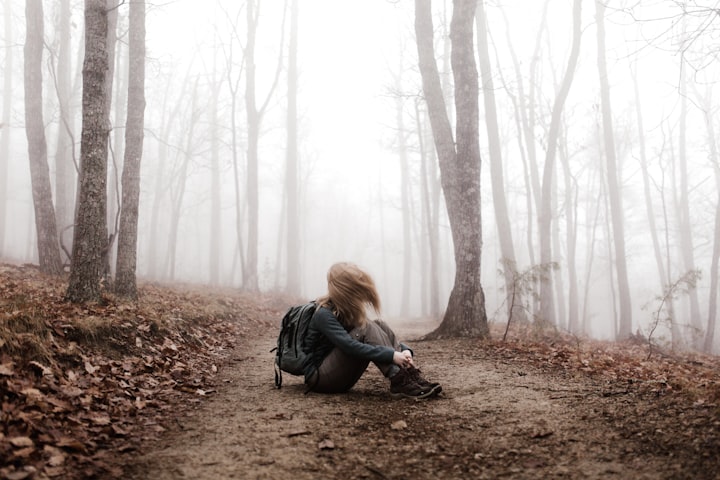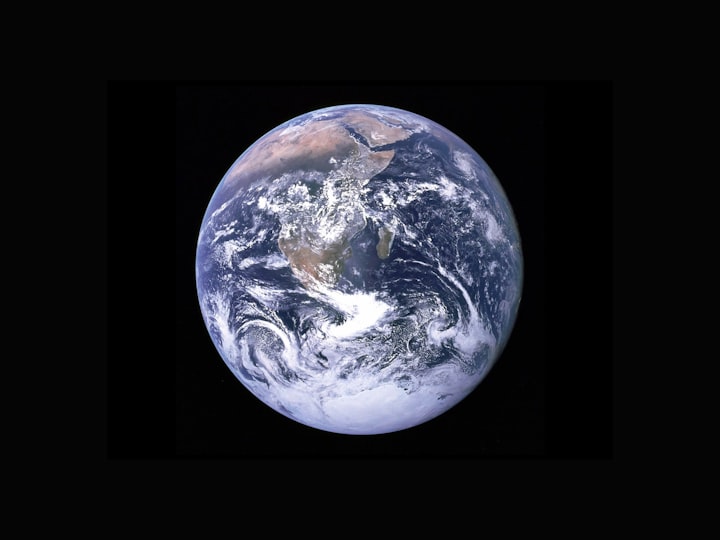
Significant data
- The social and natural determinants of wellbeing, for example, clean air, safe drinking water, enough food, and sufficient asylum, are affected by climate change.
- Climate change is anticipated to bring about an extra 250 000 death each year somewhere in the range of 2030 and 2050, for the most part from starvation, jungle fever, loose bowels, and intensity stress.
- Between USD 2-4 billion/year in direct wellbeing harm costs are projected by 2030 (for example barring costs in wellbeing determination businesses like agribusiness and water and disinfection).
- The regions least prepared to oversee without help to design and answer will be those with restricted wellbeing framework, which is to a great extent in non-industrial nations.
- Better dietary, transportation, and energy decisions can decrease ozone depleting substance emanations, which can improve wellbeing, particularly by bringing down air contamination.
As climate change continues, the ways in which it’s affecting our daily lives will only get more complex and intense. We need to work together to tackle this global problem, and we can start by making sure we’re using less energy and reducing our carbon emissions.
Climate change is affecting our daily life in many ways. For example, we are seeing more extreme weather events, including more floods, droughts, and wildfires. Climate change is also causing sea levels to rise, which is causing coastal

Communities are suffering from displacement, loss of property, and erosion. In addition, increased temperatures are causing plants and animals to move north or to become extinct, and they are also causing food shortages. Finally, climate change is causing health problems, such as respiratory infections, heart disease, and diabetes.
Climate change is changing the way we get around, the way we work, and the way we play. It is also changing the way we live and the way we die. Climate change is making it harder to survive in some parts of the world, while making others more hospitable.
In Africa, climate change is making it harder to grow crops, to heat homes, and to protect our infrastructure from the effects of storms. It is also making it harder to breathe and to drink clean water.
Climate change is also making it harder to protect our environment. It is causing world fires.

Dry spells alone effect around 55 million individuals consistently , and the harm raises a ruckus around town industry — the essential wellspring of food and pay for the vast majority individuals in emerging nations — especially hard. Somewhere in the range of 2008 and 2018, over 80% of dry spell harm was consumed by horticulture in low-and lower-center pay nations, and the harvest and animals misfortunes brought about by all cataclysmic events in these nations during the equivalent time period compared to an adequate number of calories to take care of 7 million individuals each year.
As these circumstances develop more frantic, food deficiencies can drive families away from their homes and move to different nations.
France is preparing for a fourth heatwave this late spring. Its most terrible dry season on record has left dried towns without safe drinking water and ranchers have cautioned of an approaching milk lack in the colder time of year, reports Reuters.
State leader Élisabeth Borne's office has set up an emergency group to handle the dry spell, which has constrained numerous towns to depend on water conveyances by truck, pushed crops and provoked state-run utility EDF to control atomic power yield.
Temperatures are climbing in southwest France and the hot air is supposed to spread north early this week.
Dry spell conditions are causing water deficiencies and having different effects across Europe.
Ranchers in Tuscany, the core of Italy's valued wine and olive oil industry, are doing combating to rescue however much they container of the current year's harvest from a dry spell and heatwave. An absence of precipitation since spring has impacted plants that generally flourish in hot, dry circumstances.
It comes as ranchers in southern Spain dread outrageous dry spell and continuous heatwaves this year could cut olive oil yield on the planet's biggest maker by almost a third. Creation could tumble to 1 million tons in the 2022/23 season, down from 1.48 million tons last year.





Comments
There are no comments for this story
Be the first to respond and start the conversation.